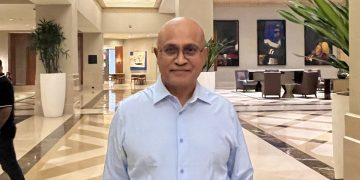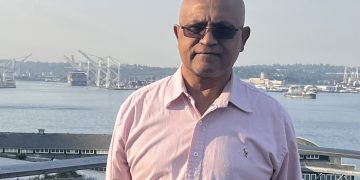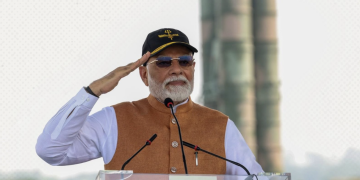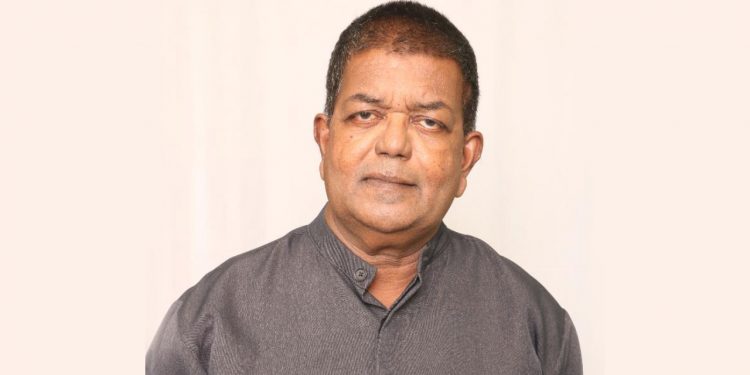Another anniversary of Indian Arrival Day (May 30, 1845) is upon us. Much would be said about the hardships that the Indians endured working in the fields and living in dilapidated barracks with no proper toilet facilities and running water. Academics will continue to present papers on the indentureship experiences while continuing to ignore contemporary issues.
I read with interest an article by Mike Persaud calling for the installation of a Governor General -like machinery to act as an arbiter in Guyana to settle dispute between the two dominant races. I do not want to comment on the merit and demerit of this proposal but would like to congratulate Mike Persad for at least attempting to offer a solution to a contemporary socio-political problem in Guyana.
Across the globe Hindu places of worship are being desecrated. In Lenora, on the West Coast of Guyana, an incident was highlighted recently. In Malaysia more that fifteen mandirs have been desecrated. Also, the attacks on mandirs by Khalastinis have been on-going in Canada. In Trinidad and Tobago there was a spate of attacks on mandirs and to date there are no programs or policies to stem these attacks. In fact, the Hindu leaders came together and engaged in bombastic remarks but failed to go beyond.
It is only natural that there are going to be social conflicts when groups of people live in a community. It is important that these conflicts are addressed and not ignored. In the case of the invasion of mandirs, Hindus need to form a watch dog group to address this problem. More importantly, a narrative must be developed on the issue at hand, that is, put Hindu issues on the front burner for public debate and discussion.
Family breakdown is a major issue that needs to be addressed. In addition to divorce and separation, alcohol and drug abuse have run amok in families. Instead of helping to find a solution, Hindu business houses are part of this destructive culture. Interestingly, the consumers of alcohol are no longer predominantly of the laboring class but have risen in social status to embrace the new professional class and more so, across the gender divide.
Politically, the recent victory of the UNC is a plus for the Hindu community. However, there were the detractors who, claiming to be protectors of the community, were actively supporting the PNM which remains the single biggest threat to Hindus in the country.
During its ten years in power, the PNM failed to open several Hindu schools constructed by the UNC during its rule (2010—2015). Despite this blatant discrimination, individuals identifying with the SDMS were seen on the PNM platform endorsing the PNM’s discriminatory policies against Hindus.
Hindu unity is needed today as much as 1952 when Bhadase Maraj brought the two warring Sanatanist factions together to form the Maha Sabha. No one else could have done it. Bhadase’s reputation preceded him and many midget leaders had no alternative but to fall in line. Today the Maha Sabha despite its occasional setbacks remains a premier non-state actor in the country in the area of education, culture and religion.
If today issues are not being addressed, it is solely because of the failure of our leaders to unite into a larger body to create positive changes. The challenge is for our leaders to work together to find solutions for common issues affecting the community. A coalition of interest is the formula but do we have the courage to implement it?


































































